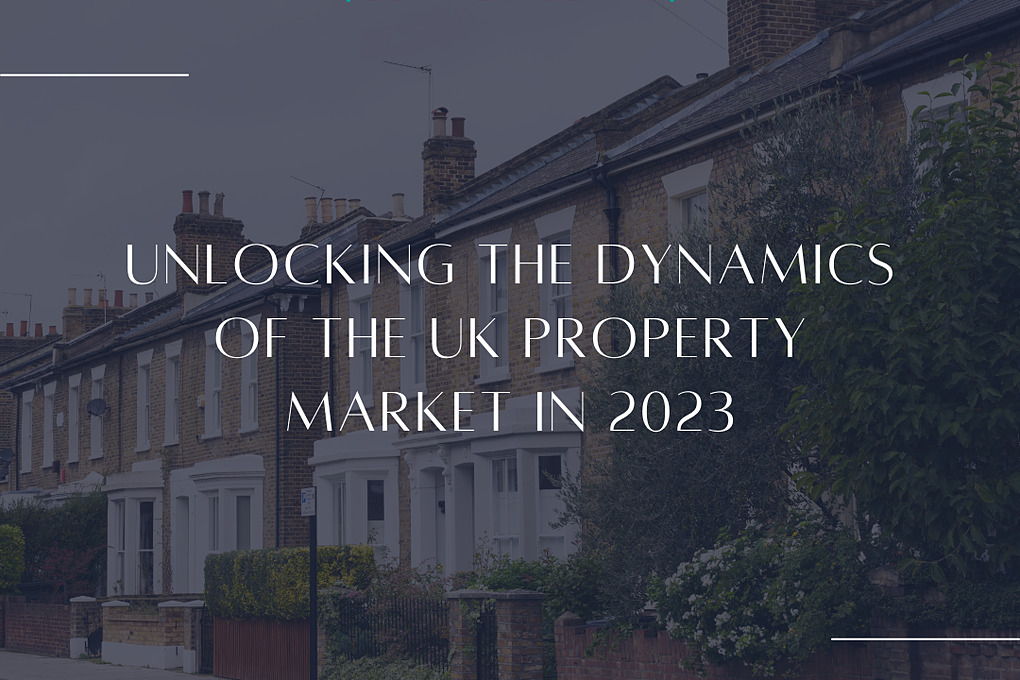In the intricate web of the UK housing market, several threads are weaving a complex narrative. Join us as we unravel the key takeaways from our latest analysis.
House Price Growth in Hibernation:
The past year has seen a remarkable slowdown in house price inflation. According to our House Price Index, the annual growth rate has virtually stalled at +0.1% since August 2022. This marks the lowest annual growth rate since August 2012.
North vs. South Divide:
Unsurprisingly, a distinct north-south divide is evident in house price inflation. Southern regions, grappling with -1% price reductions, bear the brunt of the slowdown. Meanwhile, the north, notably Scotland, sees growth of up to 1.7%.
Why the Disparity?
The divergence can be attributed to the higher costs of homes in the south, necessitating more substantial mortgages. With mortgage rates on the rise, prospective buyers in the south face increased deposit requirements and higher income thresholds, putting home ownership out of reach for many.
First-Time Buyers to the Rescue:
In regions where first-time buyers (FTBs) can still navigate the property ladder, prices remain resilient. FTBs, constituting a significant portion of annual property sales, are pivotal.
Low mortgage rates previously tilted the scale in favour of buying over renting, pushing many FTBs towards larger homes. However, the tables have turned with mortgage rates now exceeding 5%, making renting comparatively economical.
Regional Variations:
Scotland, North East, North West, Northern Ireland, Yorkshire & The Humber, and Wales maintain buying's affordability edge.
In Scotland and the North East, average mortgage repayments can be up to 18% lower than rental costs.
The Southern Challenge:
In stark contrast, the south, including London, registers buying costs significantly higher than renting, with London experiencing a 24% differential. This spells challenges for FTBs and increases rental demand.
Path to Improved Affordability:
The hurdle remains housing affordability, especially in southern England, where a household income exceeding £75,000 is often required to purchase a home. While mortgage rates are beginning to recede, it's expected to be a gradual process.
Mortgage rates will dance to the tune of financial markets as they gauge the timeline for lowering interest rates to combat inflation.
What Lies Ahead:
We anticipate a gradual recovery in property sales, driven by several factors, including flexible working arrangements, demographic shifts, a robust labour market, and sustained immigration.
Contact us for tailored insights and personalised guidance as you navigate the evolving landscape of the Leicester property market. Your journey begins with Danvers.
 Like
Like